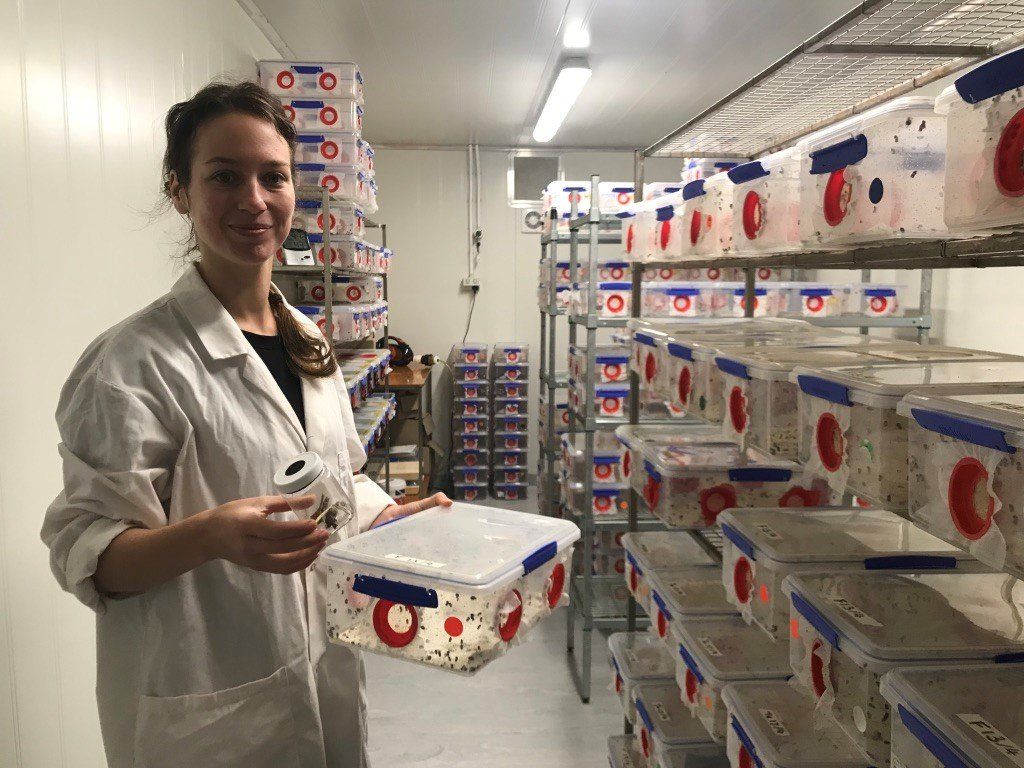1MG FlippingBooks
Government provides crucial support for innovative farm businesses

Farms are a vital part of the business landscape in Australia, and their importance is increasing as the industry grows beyond $60 billion in annual gross value. The Australian government – through the Department of Industry, Innovation and Science – is committed to encouraging farm businesses to grow and supporting them in times of drought.
The Department of Industry, Innovation and Science plays a two-pronged role in supporting the agricultural industry in Australia: providing farming businesses and communities with access to world-leading scientific research, data and modelling and creating programs that enable these businesses to grow and innovate. In times of drought when businesses and communities need support more than ever, the value of this scientific and economic information and support takes on added importance.
SUPPORTING INNOVATION
The Department of Industry, Innovation and Science offers a wide range of initiatives and programs for businesses of all kinds via the dedicated, easy-to-use business.gov.au website. Two of the most relevant programs for farmers are the Entrepreneurs’ Programme and the R&D Tax Incentive.
The Entrepreneurs’ Programme offers business support through experienced advisers and facilitators, co-funded commercialisation grants for novel products and services, funding for growth opportunities and the ability to connect and collaborate. The Programme also supports external incubators through the Incubator Support Initiative, and NSW business SmartShepherd is one of the many enterprising agricultural start-ups receiving support.
Assisted by the University of New England’s SMART Region Incubator, SmartShepherd is an innovative technological solution that enables livestock breeders to collect maternal pedigree information quickly and cost effectively. The start-up has received one-on-one mentoring and support via the incubator that has been crucial in developing the business for both the domestic and export markets.
The R&D Tax Incentive is the government’s single largest investment in business innovation, with over 13,000 businesses benefiting annually from the support provided to offset R&D costs. The Incentive provides a tax offset to eligible companies conducting R&D for the purpose of generating new knowledge. Innovative Queensland-based pest management company Bugs for Bugs is one company that has flourished thanks to the Incentive.
With more than a third of the company’s annual budget devoted to R&D, Bugs for Bugs (one of only four companies in Australia involved in the mass rearing of beneficial insects) has been able to use the Incentive to increase its proportion of research staff by over 25 per cent and developed more than ten species for natural pest control.
ACCESS TO SCIENCE
The Industry, Innovation and Science portfolio includes science agencies the Commonwealth Scientific and Industrial Research Organisation (CSIRO) and Geoscience Australia.
CSIRO has been central to agricultural science and research in Australia for many decades, with a long history of expertise in water, agriculture, climate science and digital technology. Among other things, CSIRO’s research addresses the issues of drought and water availability and helps to build the resilience and adaptability of our rural communities.
Examples of this include CSIRO’s work in ensuring Australian canola meets EU biodiesel requirements (a $1 billion market) and the creation of Agricultural Production Systems Simulator (APSIM), one of the two most widely used crop simulation models worldwide.
Geoscience Australia delivers the Digital Earth Australia project. The project maps the location, quantity and quality of groundwater resources and determines the feasibility of water management options for government and communities. Crucially for farmers, the project can compare the current state of the landscape (water, vegetation and greenness) to other periods in history to better prepare for drought response and recovery.
















